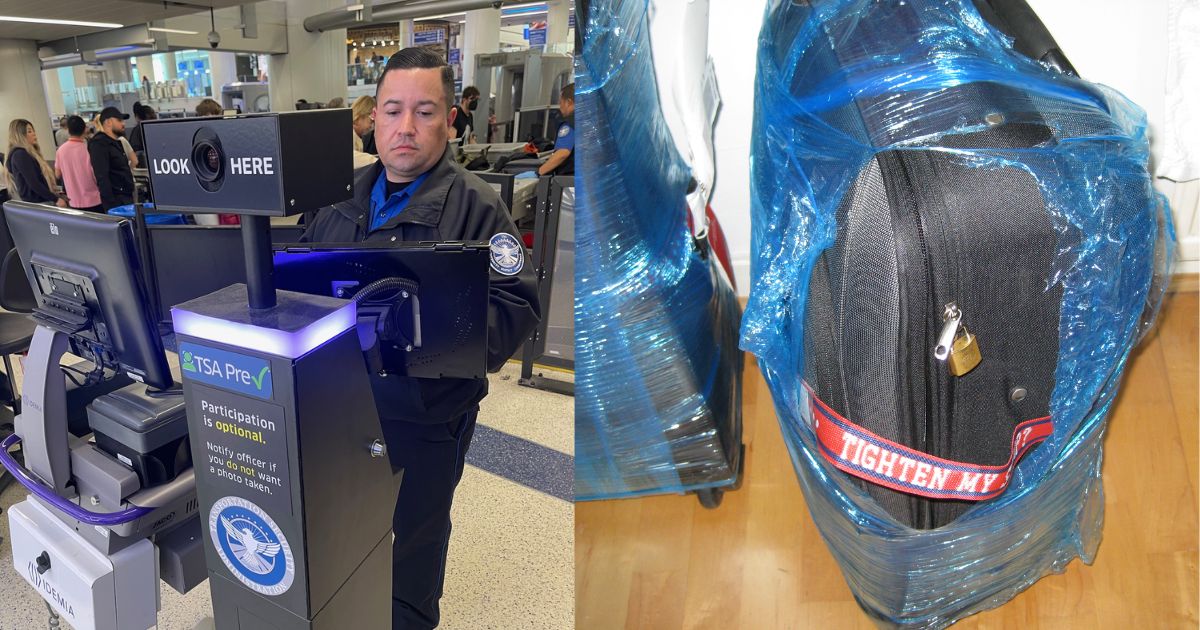By Hassan Abbas
Copyright brecorder

LAHORE: Speaker Punjab Assembly Malik Muhammad Ahmad Khan on Tuesday severely criticized sugar mill owners and summoned the Sugar Cane Commissioner to the Punjab Assembly. He questioned why sugar mill owners had not yet made payments to farmers, pointing out that the new crushing season was about to begin but payments remained outstanding. The Speaker demanded answers from the Cane Commissioner regarding why sugar mill owners were not paying farmers.
The Punjab Assembly session commenced with a delay of two hours and twenty-six minutes under the chairmanship of Speaker Malik Muhammad Ahmad Khan.
The opposition’s lack of interest was evident as only five opposition members attended the session called by the government for recognition, while most opposition members were present at Adiala Jail under the leadership of Acting Opposition Leader Mian Qureshi.
Government member Rao Kashif highlighted the plight of farmers in Faisalabad regarding non-payment by sugar mill owners, stating that despite rising sugar prices, mill owners refused to negotiate. He described the devastating flood situation, noting that farmers’ crops had been washed away and they lacked funds. Kashif emphasized that Deputy Commissioners and the administration had become helpless before sugar mill owners and demanded the immediate summoning of the Sugar Cane Commissioner to the Assembly.
Government member Amjad Ali Javed criticized the Punjab Provincial Cooperative Bank, calling it a white elephant and suggesting its closure due to its burden on the treasury. He cited Bangladesh’s example, where the provincial cooperative bank strengthened the economy through a model now taught worldwide. Javed explained that globally, farmers who choose not to sell wheat can deposit it in cooperative society storage and receive ninety percent of its value in cash.
In response, government member Zeeshan Rafiq stated that new housing societies were approved in 2001, and the government had brought a qualified person to restructure the cooperative bank department. He explained that the Board of Directors was dissolved due to non-compliance with the State Bank of Pakistan’s corporate governance framework requirements. Rafiq noted that after legislation, a new system was introduced in the Punjab Provincial Cooperative Bank in accordance with constitutional requirements, and acknowledged Amjad Ali Javed’s suggestion for an electoral system.
Opposition member Rana Shahbaz raised the issue of raids on farmers’ homes for wheat stockpiling, stating that farmers had been completely devastated by floods. He noted that cotton, sugarcane, wheat, and vegetables had all been lost to floodwaters, and that floodwater would not recede for two months, preventing farmers from growing any crops. Shahbaz alleged that the government was conducting raids against farmers who had stocked wheat, questioning why arrests were being made in the name of wheat when farmers were already ruined by floods, citing the arrest of two farmers from Ahmadpur Sial as an example.
Parliamentary Secretary Khalid Mahmood Ranjha denied these claims, stating that no raids were being conducted on farmers’ homes in Punjab. Speaker Malik Muhammad Ahmad Khan emphasized that wheat is the lifeline and should not be eliminated through any government action. He called for stabilizing wheat prices to ensure affordable bread and flour, acknowledging that farmers face serious wheat-related problems and are currently in a helpless state following the floods. Parliamentary Secretary Khalid Mahmood Ranjha assured that no raids would be conducted on wheat-stockpiling farmers’ homes.
The Assembly addressed several legislative matters, with multiple bills being presented and referred to relevant committees for two-month periods. These included the Provincial Employees Social Security Amendment Bill 2025, the National University of Toba Tek Singh Bill 2025, the Punjab Private Educational Institutes Promotion and Regulation Amendment Bill 2025, the Punjab Destitute and Neglected Children Amendment Bill 2025, and several university establishment bills.
Six bills were approved during the session, including the Punjab Educational Institutions Reconstitution Amendment Bill 2025, the Lahore Capital University Bill 2025, the South Hill University Bill 2025, the Lahore Institute of Science and Technology Amendment Bill 2025, the University of Technology, Culture and Health Sciences Gujranwala Bill 2025, and the Sitara International University Bill 2025.
The Assembly unanimously passed a resolution banning mobile phone use in all private and public schools, presented by government member Raheela Khadim Hussain.
The resolution emphasized that children represent any nation’s future and their mental and social development is the government’s primary responsibility. It highlighted concerns about mobile phones and social media negatively affecting children’s minds and moral values in the current era.
The resolution proposed that as a first step, complete restrictions should be imposed on students’ mobile phone use in all private and public schools, and legislation should be enacted regarding children’s social media accounts to address this serious social issue.
Copyright Business Recorder, 2025



